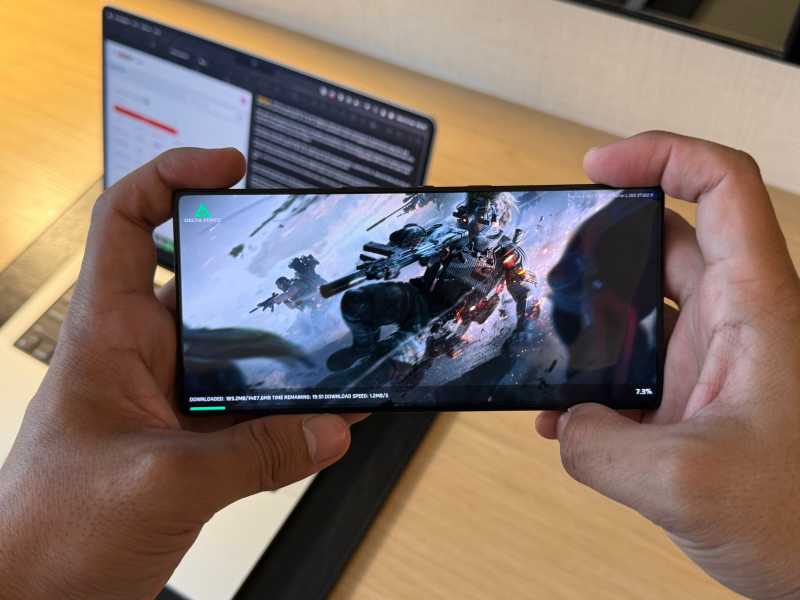
Tech by Android – Android gaming technology continues to evolve rapidly, and as a result, today’s smartphones and tablets can rival older gaming consoles. In addition, this progress pushes virtual worlds to new heights, creating immersive and visually striking experiences. Furthermore, developers now leverage advanced graphics engines, artificial intelligence, and cloud gaming to deliver rich, complex gameplay. On the other hand, mobile devices are no longer limited to casual games; they now host expansive titles with intricate narratives. Consequently, players enjoy seamless multiplayer modes, realistic physics, and engaging storylines wherever they go. With Android’s open ecosystem, innovation thrives and creative experimentation accelerates.
“Read More: Gamma Rays Energy Radiation and Radiation Safety in Healthcare”
Modern Android devices now feature powerful GPUs and CPUs, which, in turn, handle high-resolution textures and complex shaders with ease. In addition, high-refresh-rate displays make gameplay feel exceptionally smooth. Furthermore, integrated AI chips enhance both performance and visual effects. Meanwhile, advanced cooling solutions maintain stable performance during long sessions. Therefore, console-quality graphics are now achievable on mobile platforms. As a result, more developers are motivated to produce visually rich Android games.
Artificial intelligence is transforming mobile gaming because NPCs can now learn and adapt to player strategies. For example, procedural generation automatically creates varied environments and missions. In addition, AI enriches storytelling through natural dialogue and emotional interactions. Meanwhile, intelligent matchmaking ensures fair and balanced competition. Furthermore, real-time analytics adjust difficulty and rewards based on each player’s skill. Consequently, games feel more alive and less scripted, providing a highly replayable experience.
“Read About: Top Best Android Games of 2025 You Must Try”
Cloud gaming removes hardware limitations because rendering and computations happen on remote servers. Therefore, Android users can access high-end titles without needing powerful local processors. In addition, this technology allows console and PC games to run seamlessly on mobile screens. Meanwhile, cloud servers deliver quick load times and stable frame rates. Furthermore, cross-platform compatibility lets players switch between phones, tablets, and TVs while keeping progress synced. As a result, cloud gaming makes complex titles more accessible to wider audiences.
Touchscreens now support multi-finger gestures and customizable layouts, which, in turn, improve control precision. In addition, developers optimize user interfaces for responsiveness and comfort. On the other hand, Bluetooth controllers provide a traditional console-like feel. Furthermore, advanced haptic feedback delivers tactile sensations in sync with in-game events. As a result, impacts, environmental cues, and directional indicators feel more realistic. Therefore, Android gaming controls are now more immersive and satisfying than ever before.